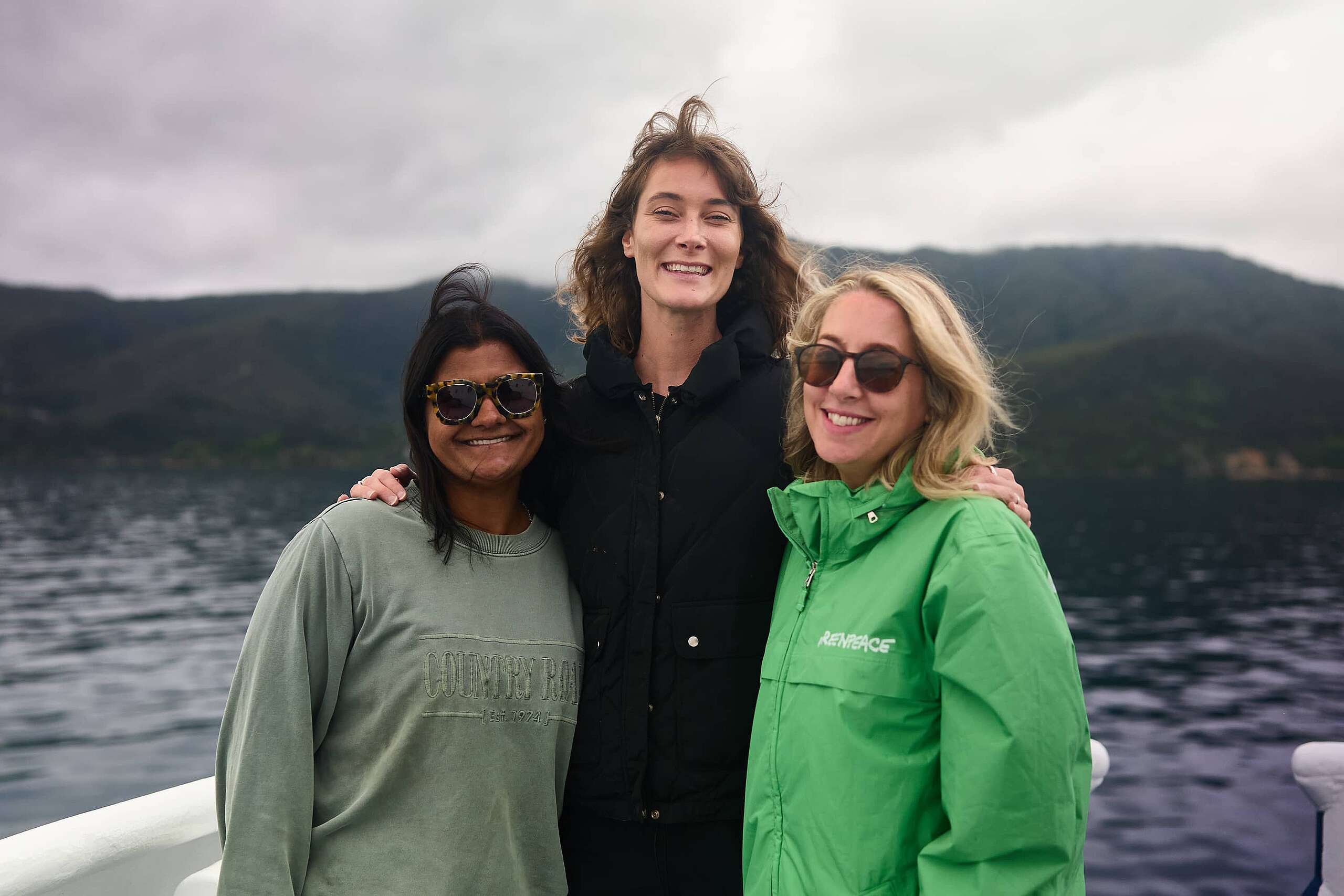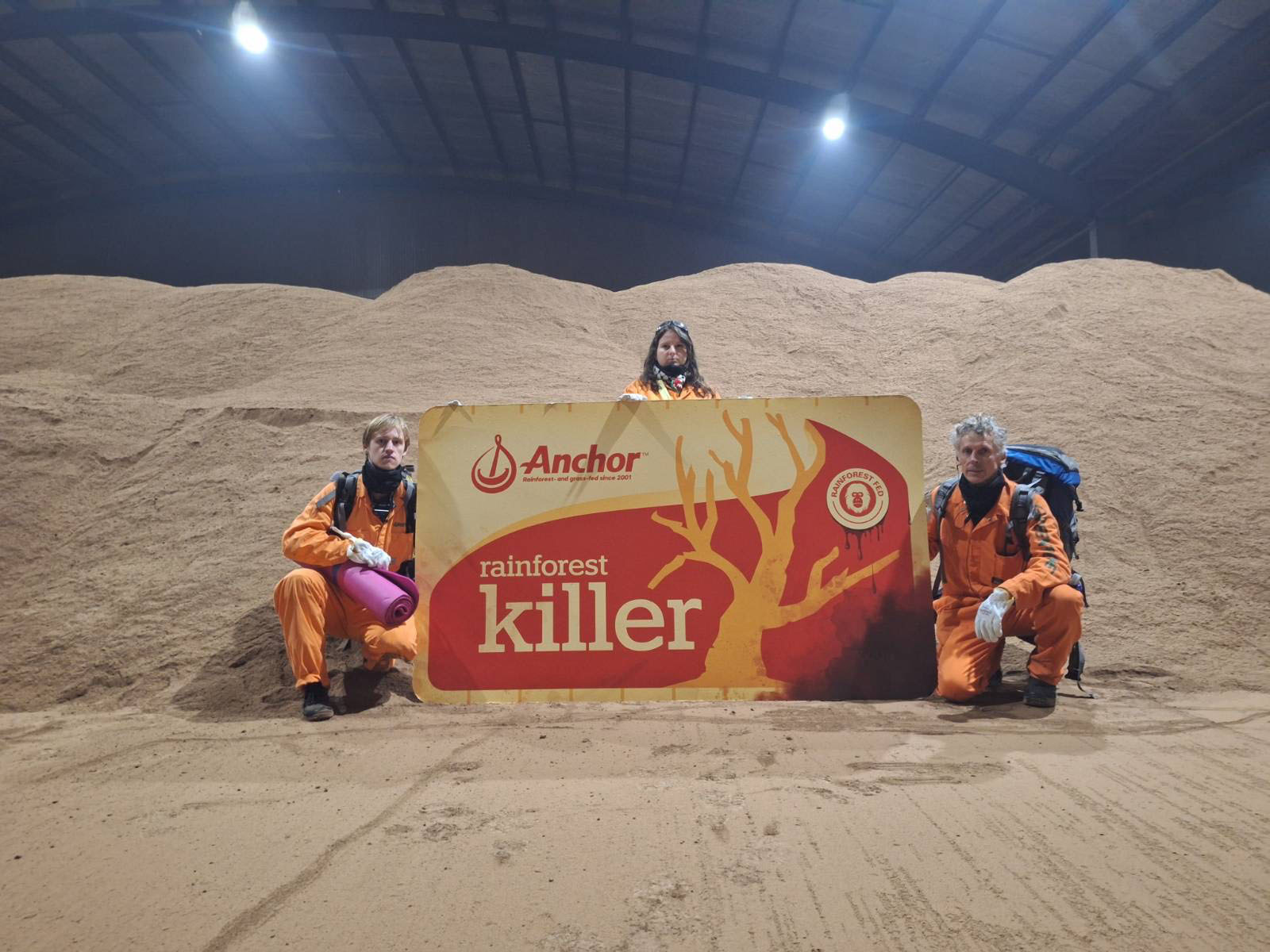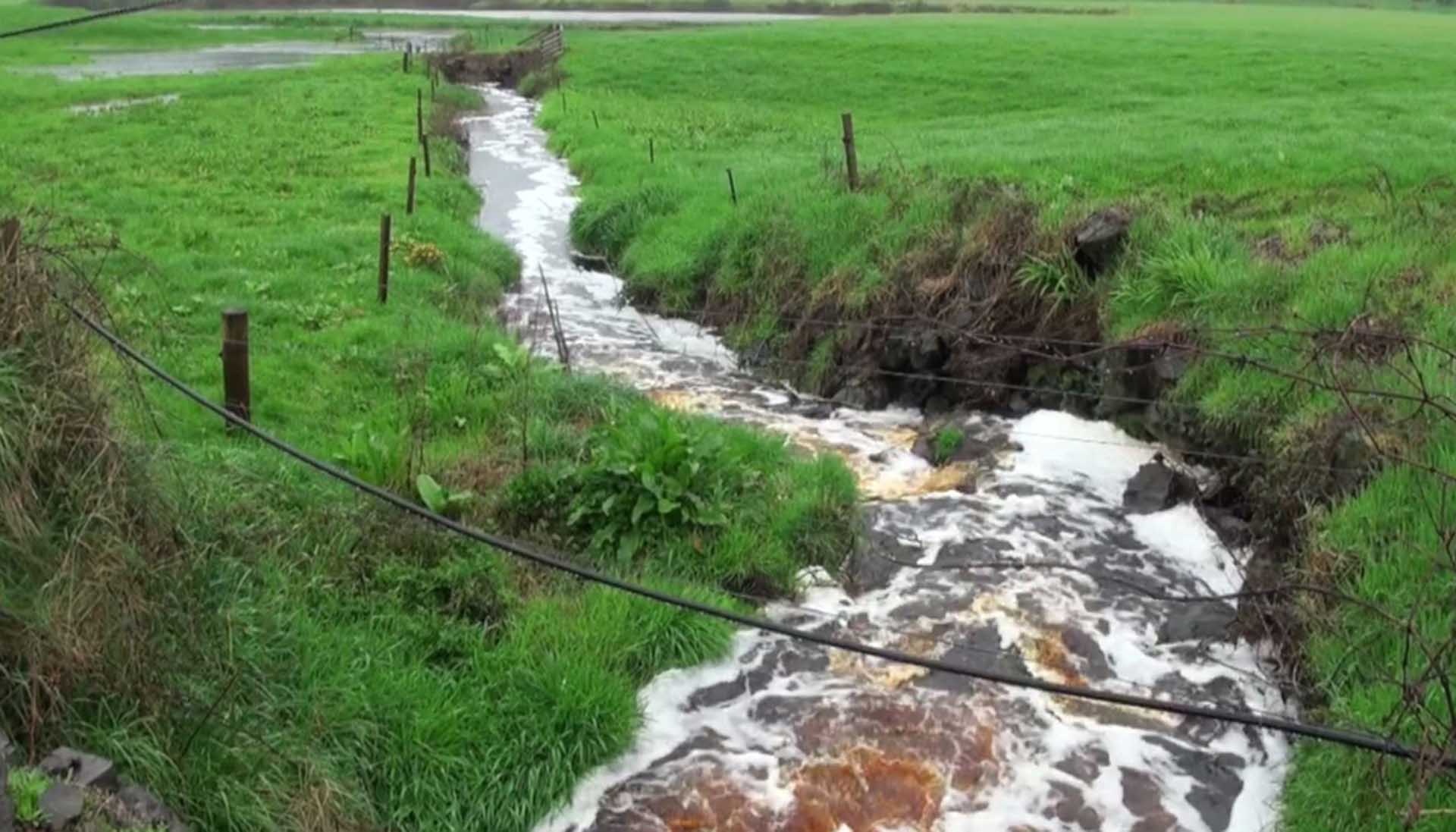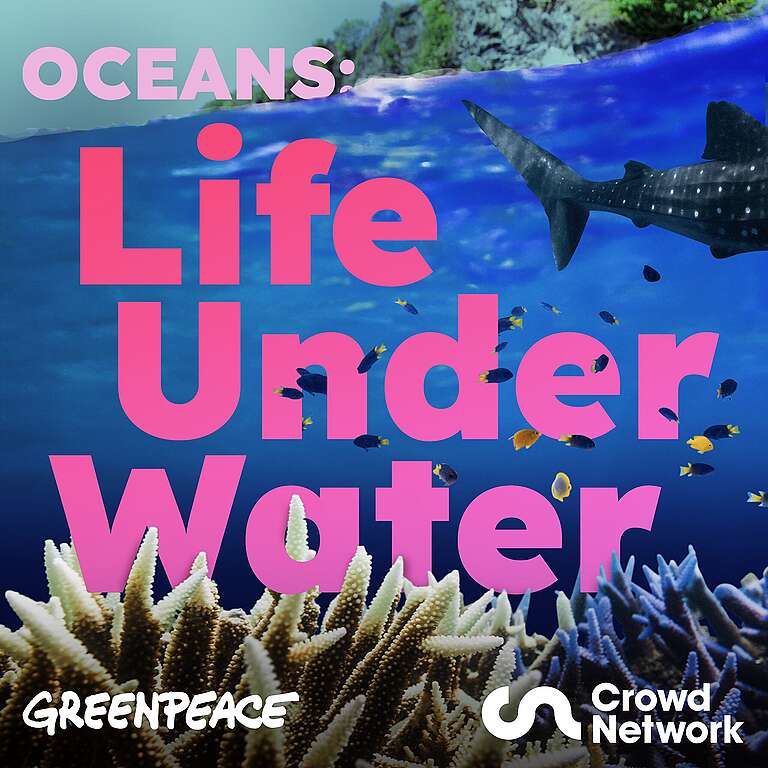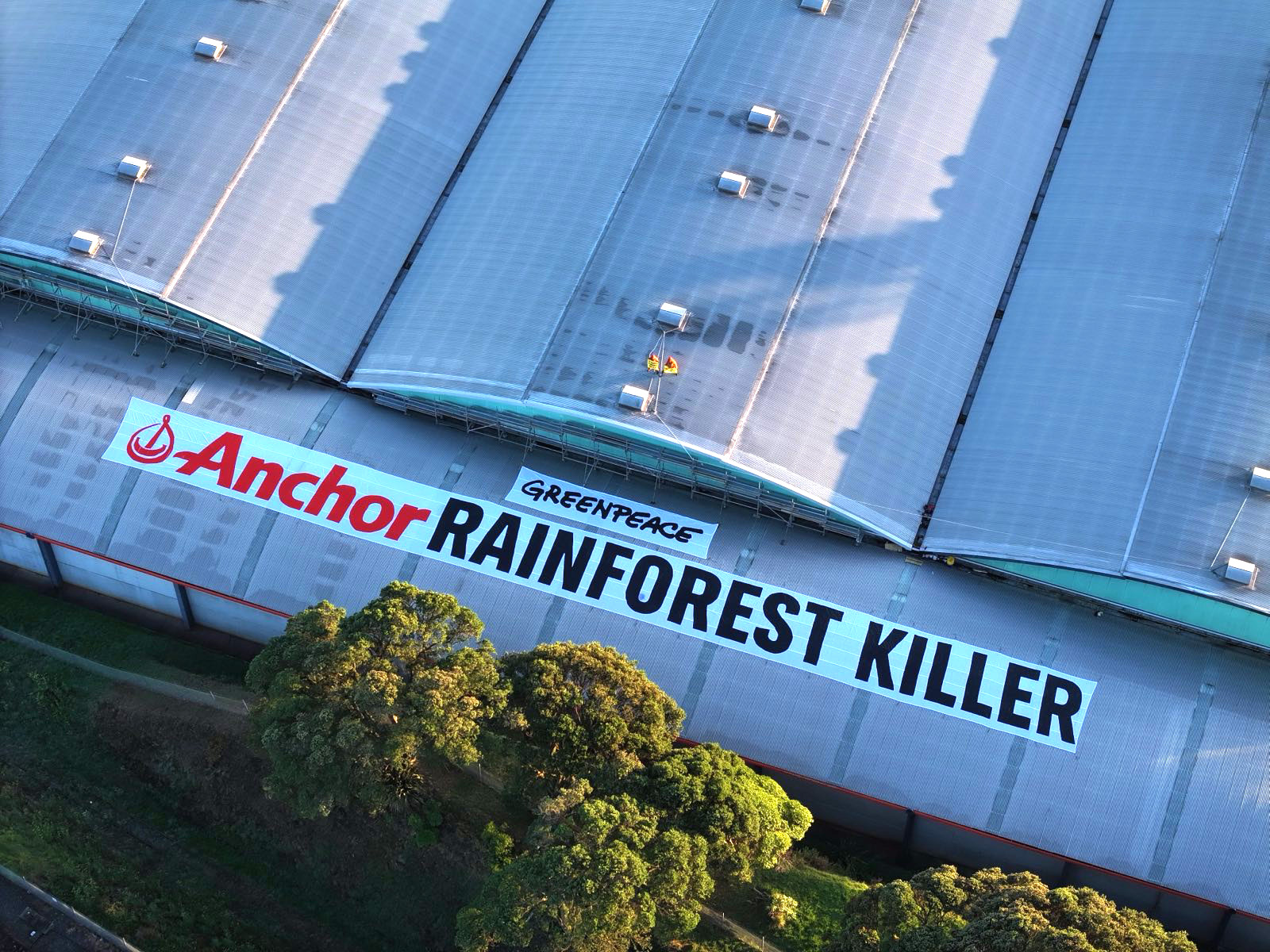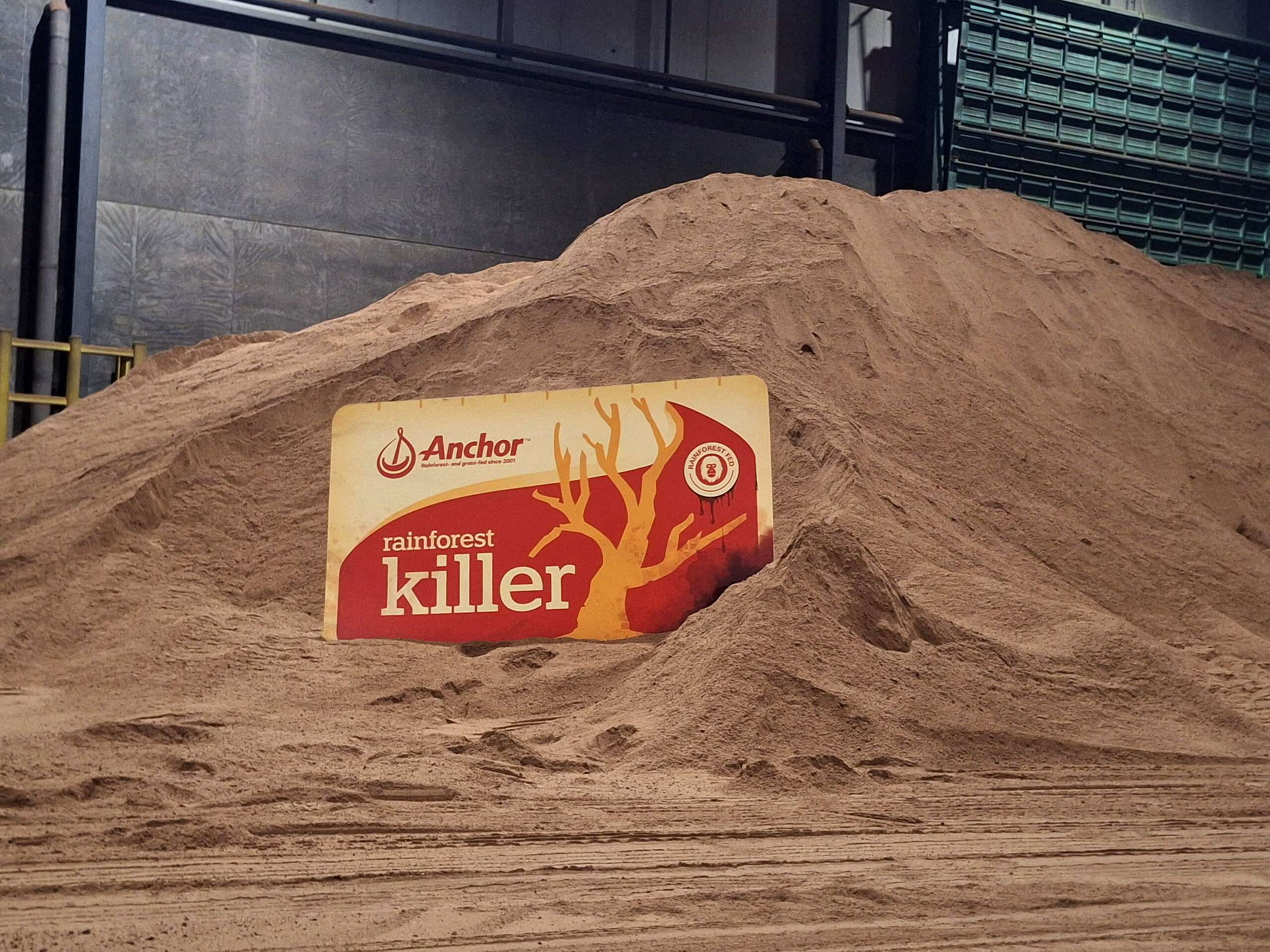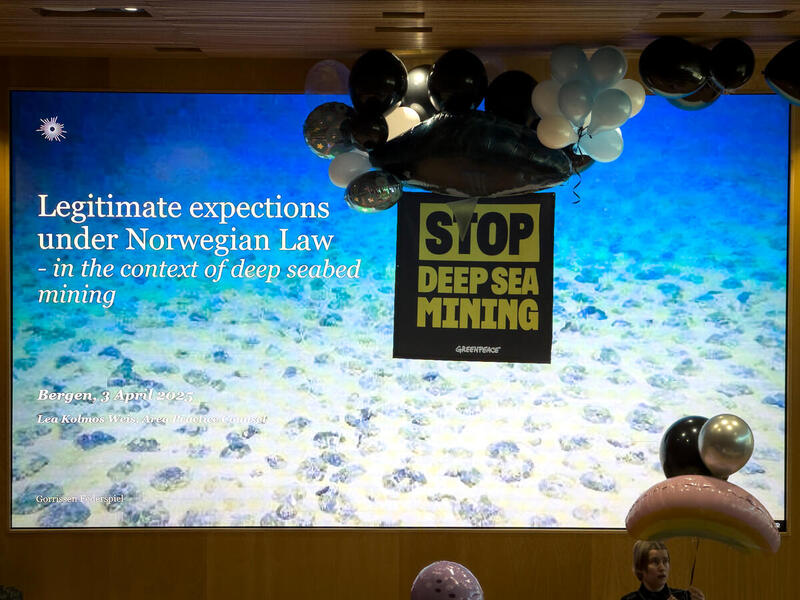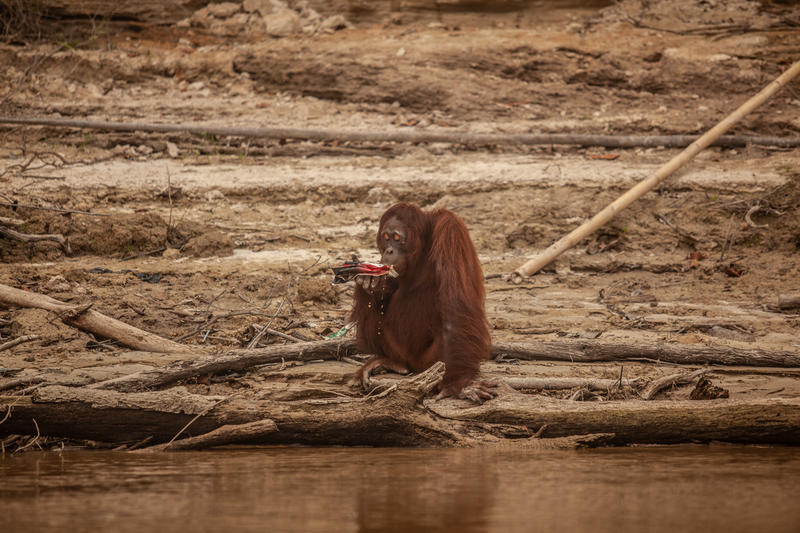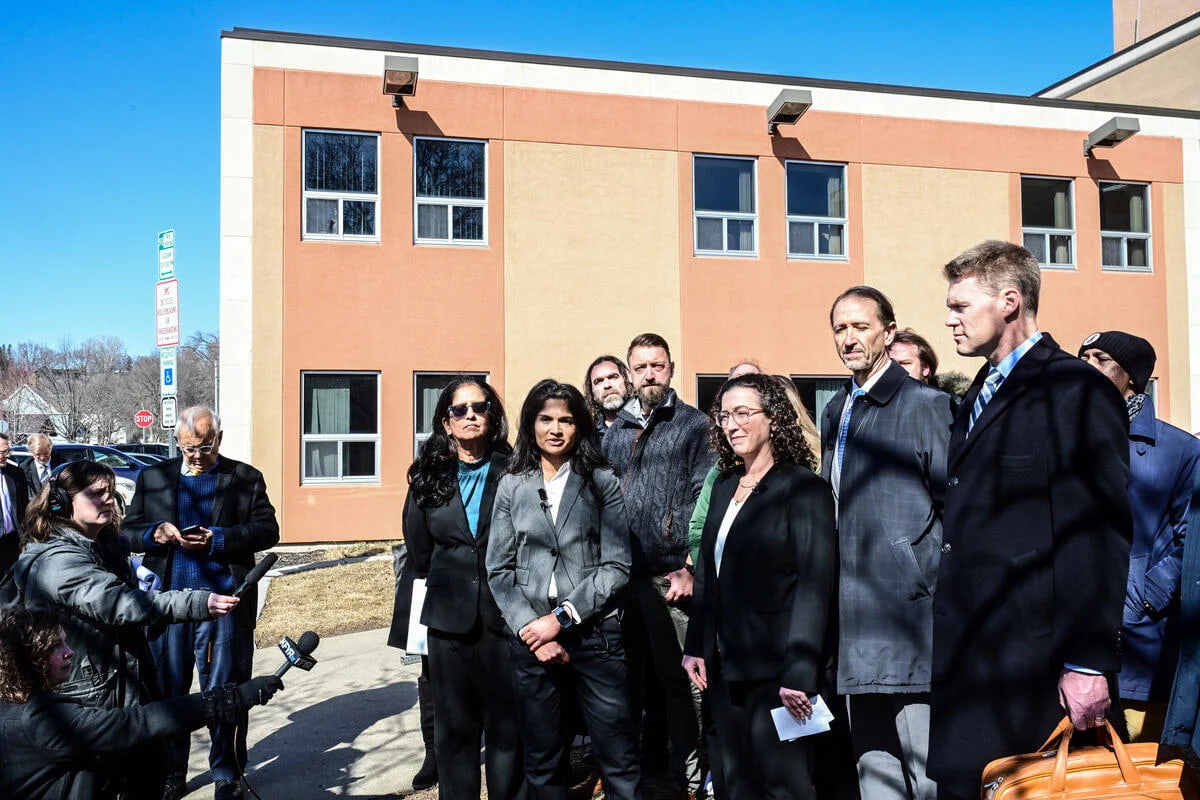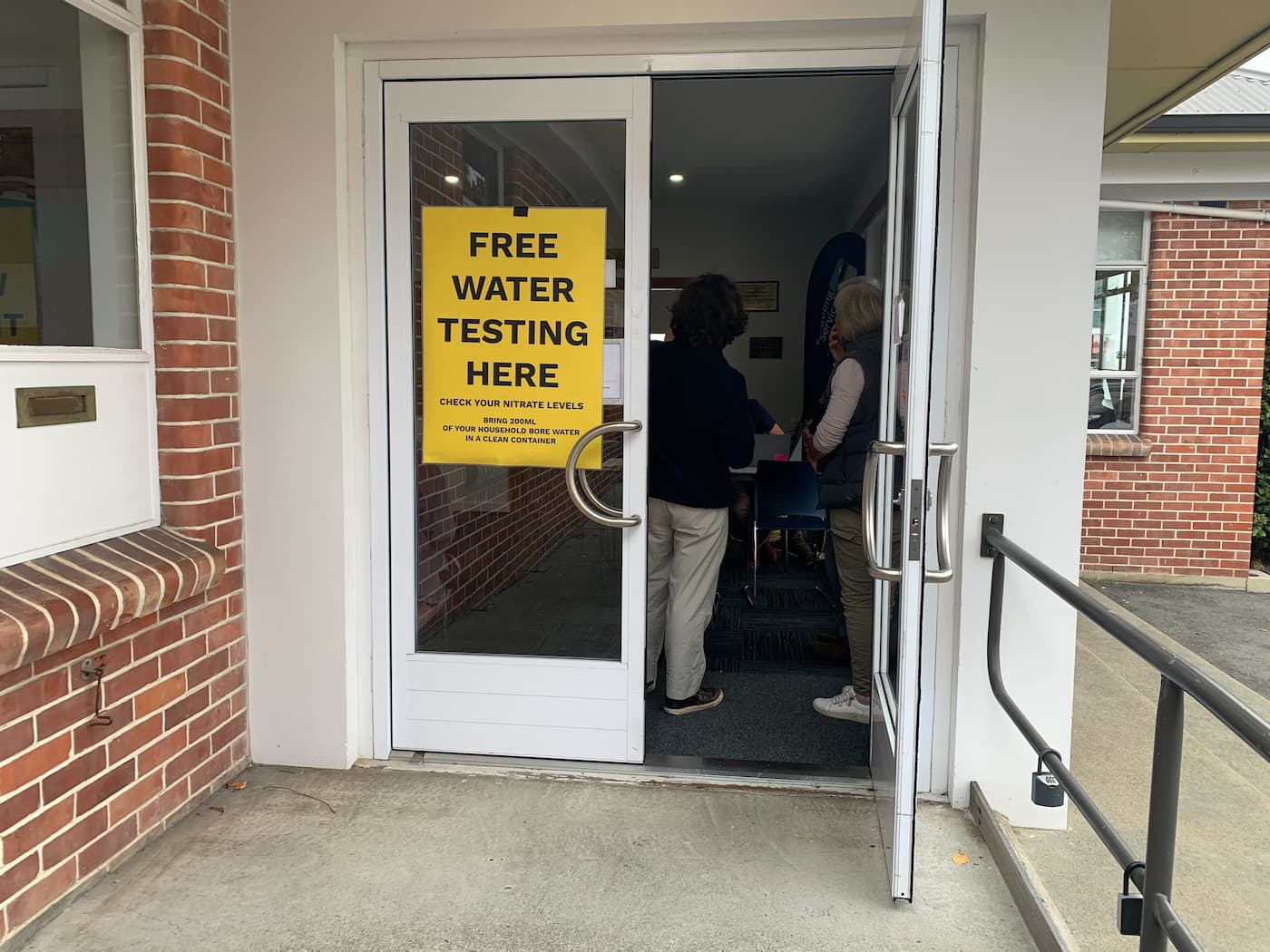All articles
-
Seamount Expedition Day 17 – 21: Back to Port
The weather’s about to turn so after a couple of dives in the morning on Challenger and some good results, we head for Wellington. It's strange to see land after two weeks at sea.
-
Greenpeace corrects Federated Farmers’ impotent attack
In response to the “desperate bid” by Federated Farmers to curtail Greenpeace, the environmental heavyweight has issued a correction to the agri-industry lobby group’s “scurrilous complaint” made to the Charities…
-
New Zealand’s environment report card is alarming
The Government’s three-yearly environment report card, Our Environment 2025, documents a rapid and alarming decline of nature in Aotearoa.
-
‘Anchor Rainforest Killer’ palm kernel protest continues in New Plymouth
Greenpeace Taranaki protest against Anchor Butter palm kernel connection continues despite police intervention.
-
Taranaki: Greenpeace activists stop unloading of palm kernel sourced from Indonesian rainforests
Greenpeace Aotearoa activists in Taranaki have occupied the storage facility of Fonterra’s biggest palm kernel supplier Agrifeeds this morning, stopping a ship from Indonesia carrying 30 thousand tonnes of palm…
-
Major deep sea mining company goes bankrupt
A company which had dreams of becoming the world’s largest deep sea mining company has declared bankruptcy. Norwegian company, Loke Marine Minerals, aimed to hold licences in the Pacific and…
-
Palm kernel: what’s the problem?
Palm kernel expeller or PKE is a rainforest-destroying animal feed that’s fed to dairy cows when there is not enough grass to feed them. Greenpeace is campaigning for Fonterra to…
-
Greenpeace vs. Energy Transfer’s SLAPP: What happens after the North Dakota trial?
An interview with Greenpeace International General Counsel Kristin Casper
-
Greenpeace bringing free drinking water nitrate testing to Ashburton District this weekend
Greenpeace Aotearoa will be offering its free drinking water testing service in Ashburton and Methven this Friday and Sunday. This is the first time the organisation’s water testing programme has…


